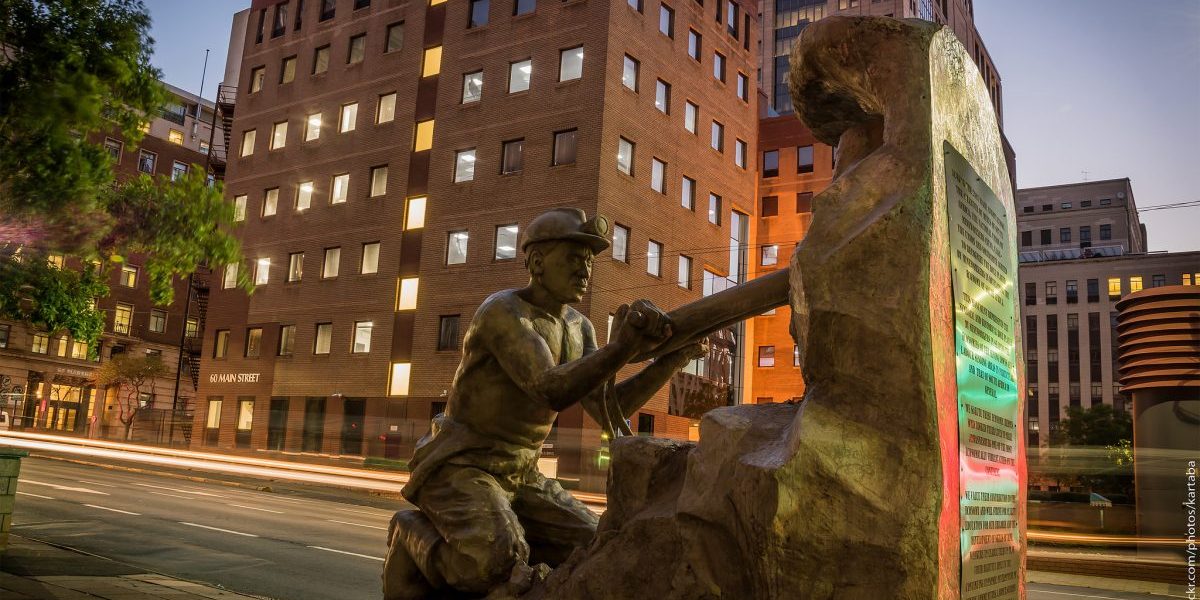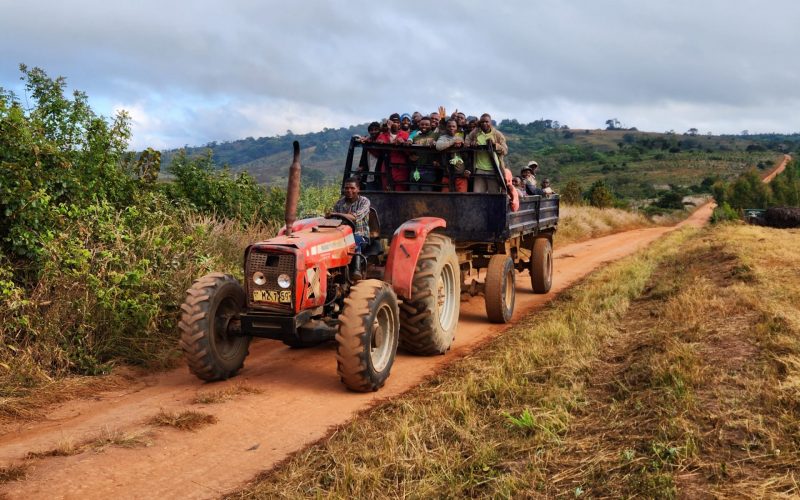The case of the Xolobeni Mineral Sands Project in the Eastern Cape highlights some of the issues faced by governments, mining companies and communities in dealing with mining related proposals. The paper reviews these issues within the context of a dispute that took place among the local community of AmaDiba, an Australian mining company and the Department of Mineral Resources. It examines the problems faced by communities where proposed or functioning mining operations have the potential to threaten the livelihoods of people.
The case shows that communities have the capacity to challenge externally imposed development strategies effectively, by making their otherwise marginalised voices heard. Questions of how mineral development policy is drafted and implemented in the future are raised, including the extent to which communities have the right to block mining projects in their residential areas. Mineral rights are vested in the state for the benefit of the country as a whole. This gives the state the right to be the final arbiter for mineral development in the country. However, this right comes with the responsibility of ensuring that community voices are heard and considered in the decision-making process. The state needs to play a balancing act when it comes to mineral exploitation, where the needs of the national economy are balanced carefully with those of local economies.








